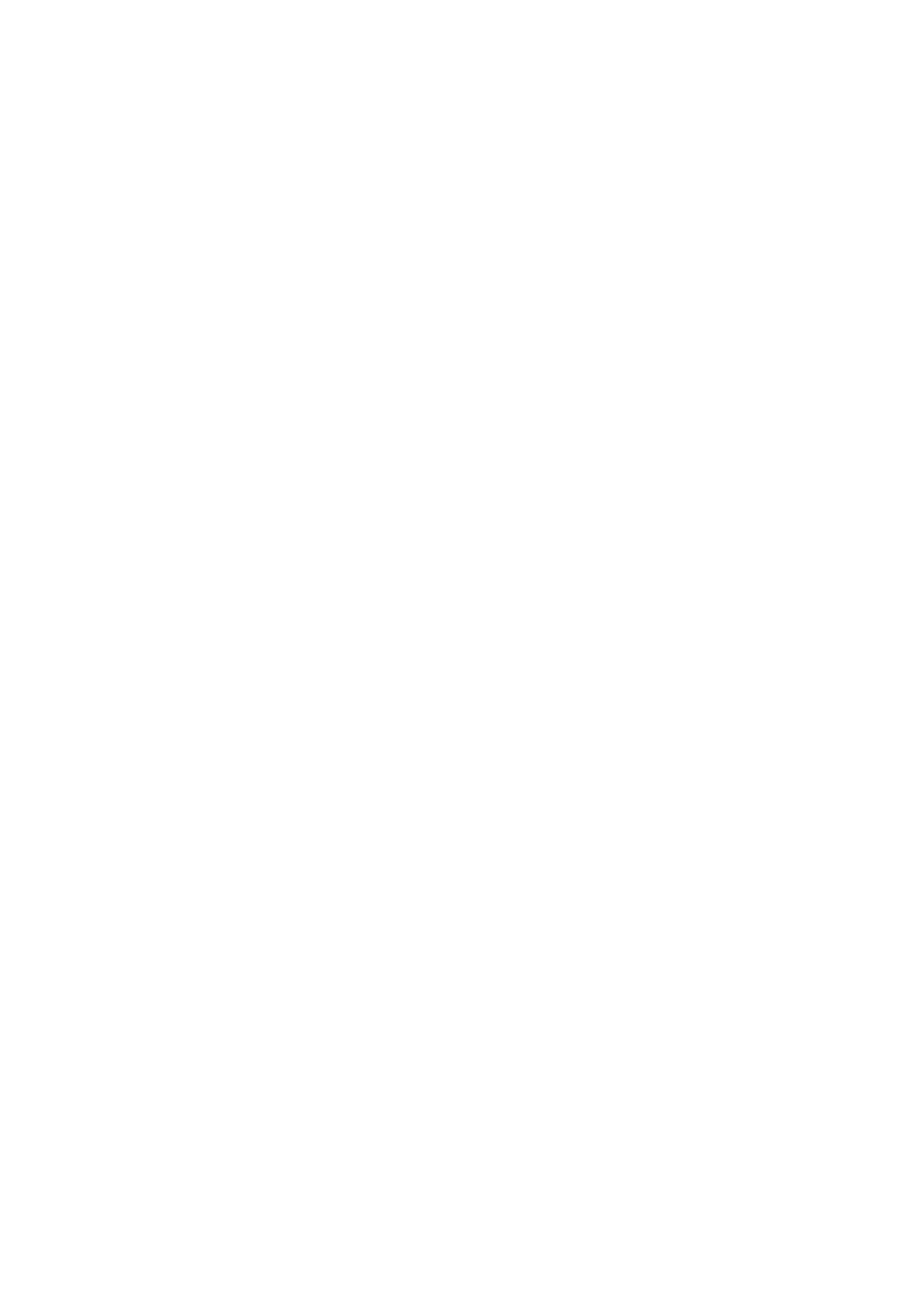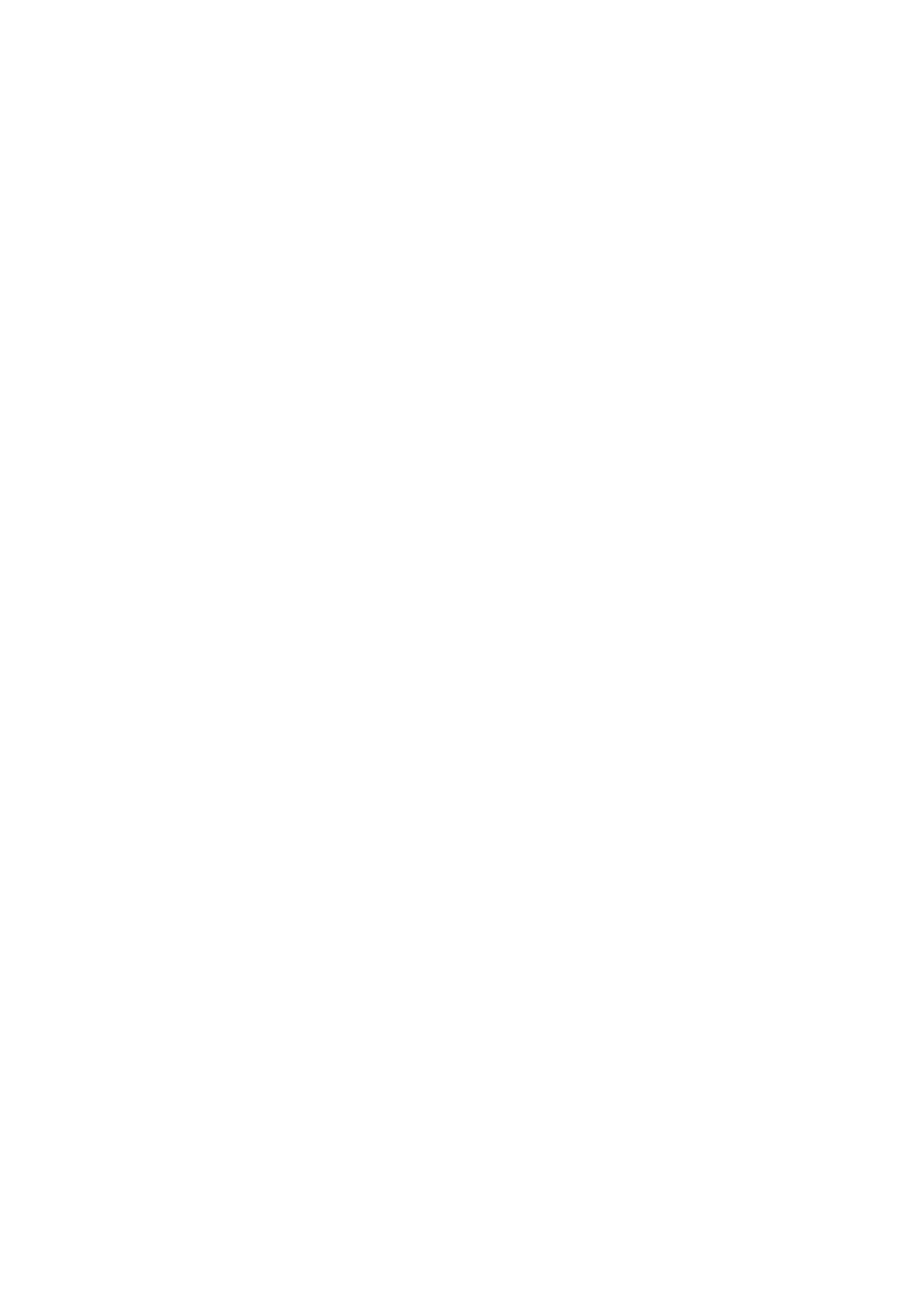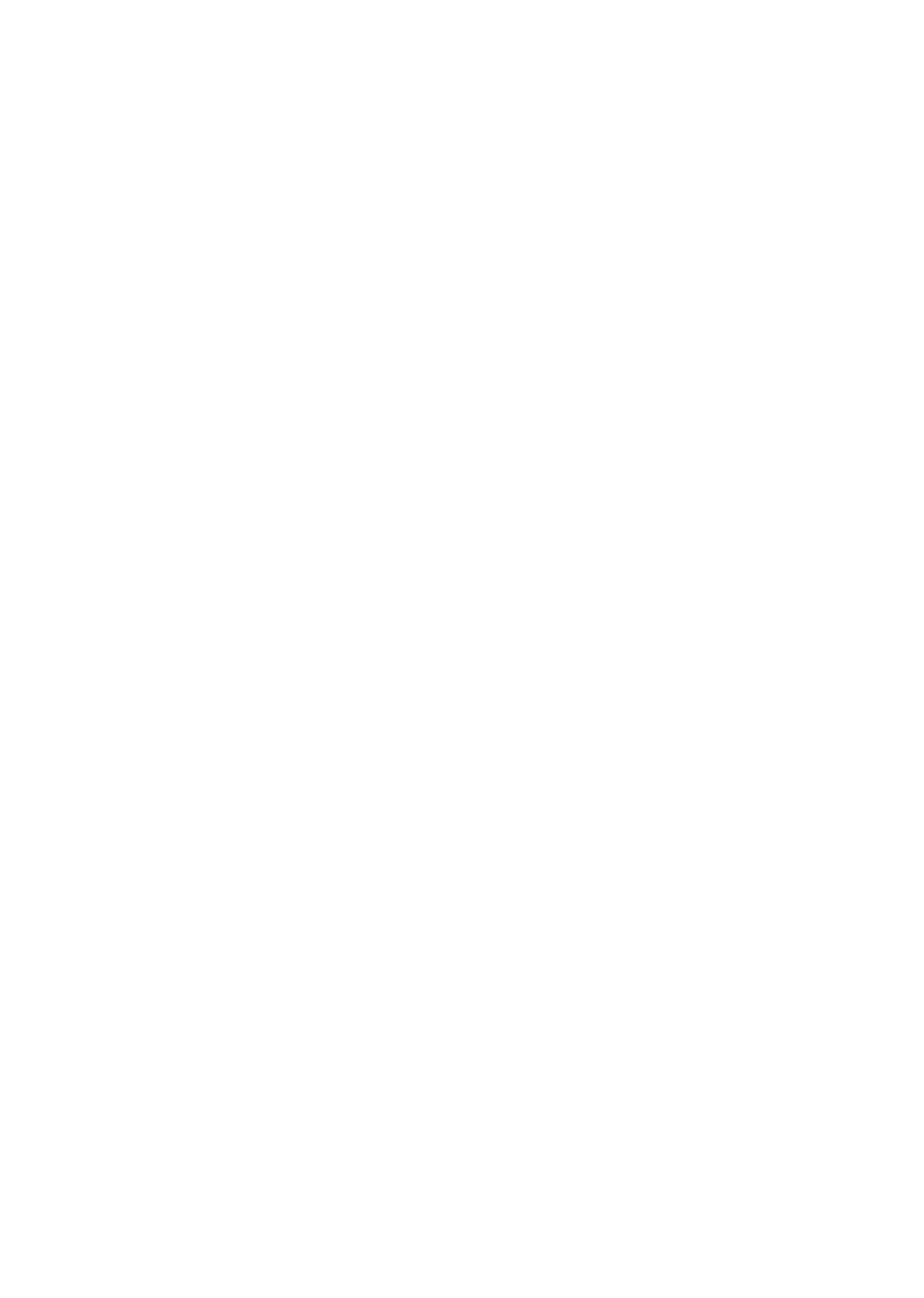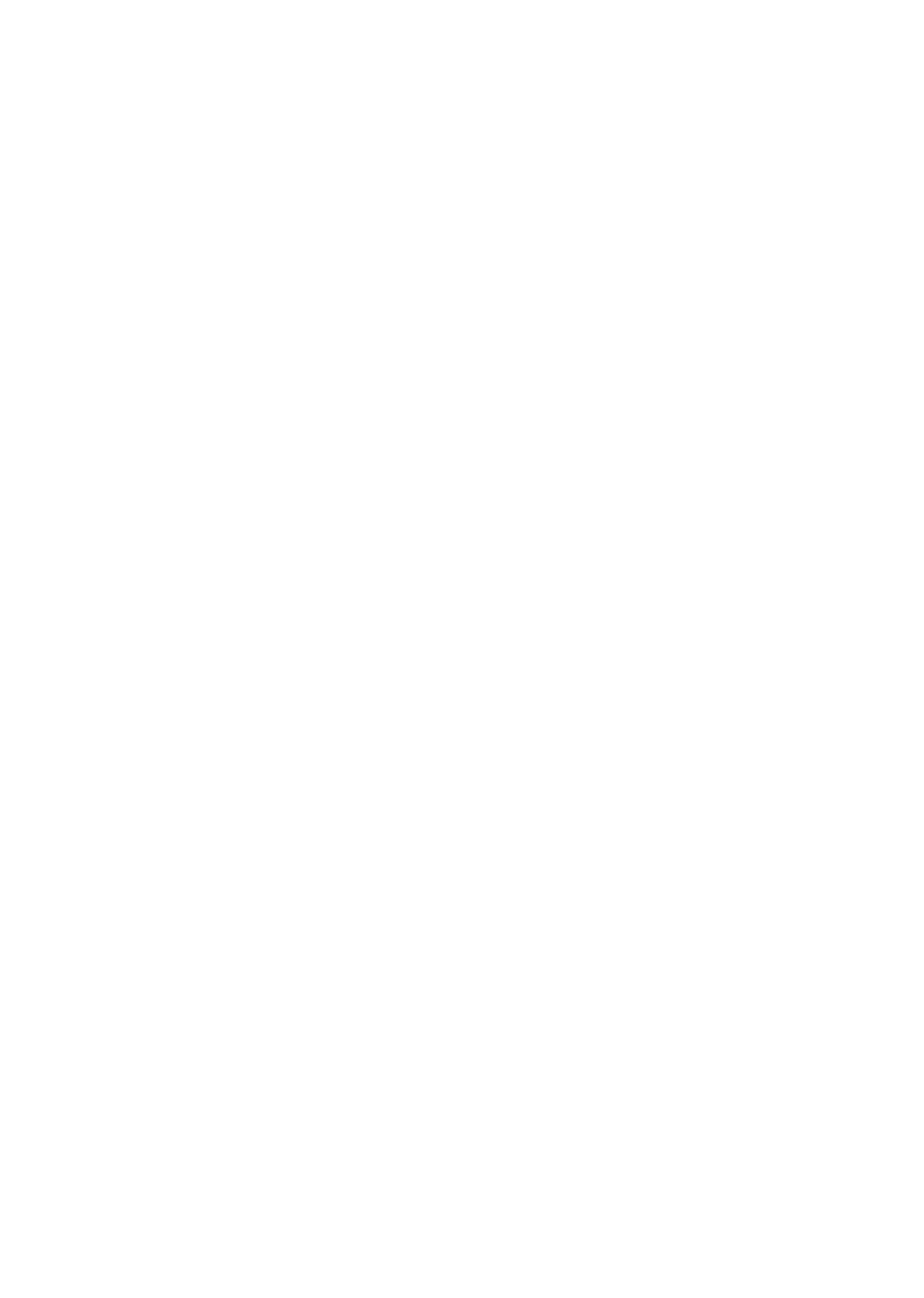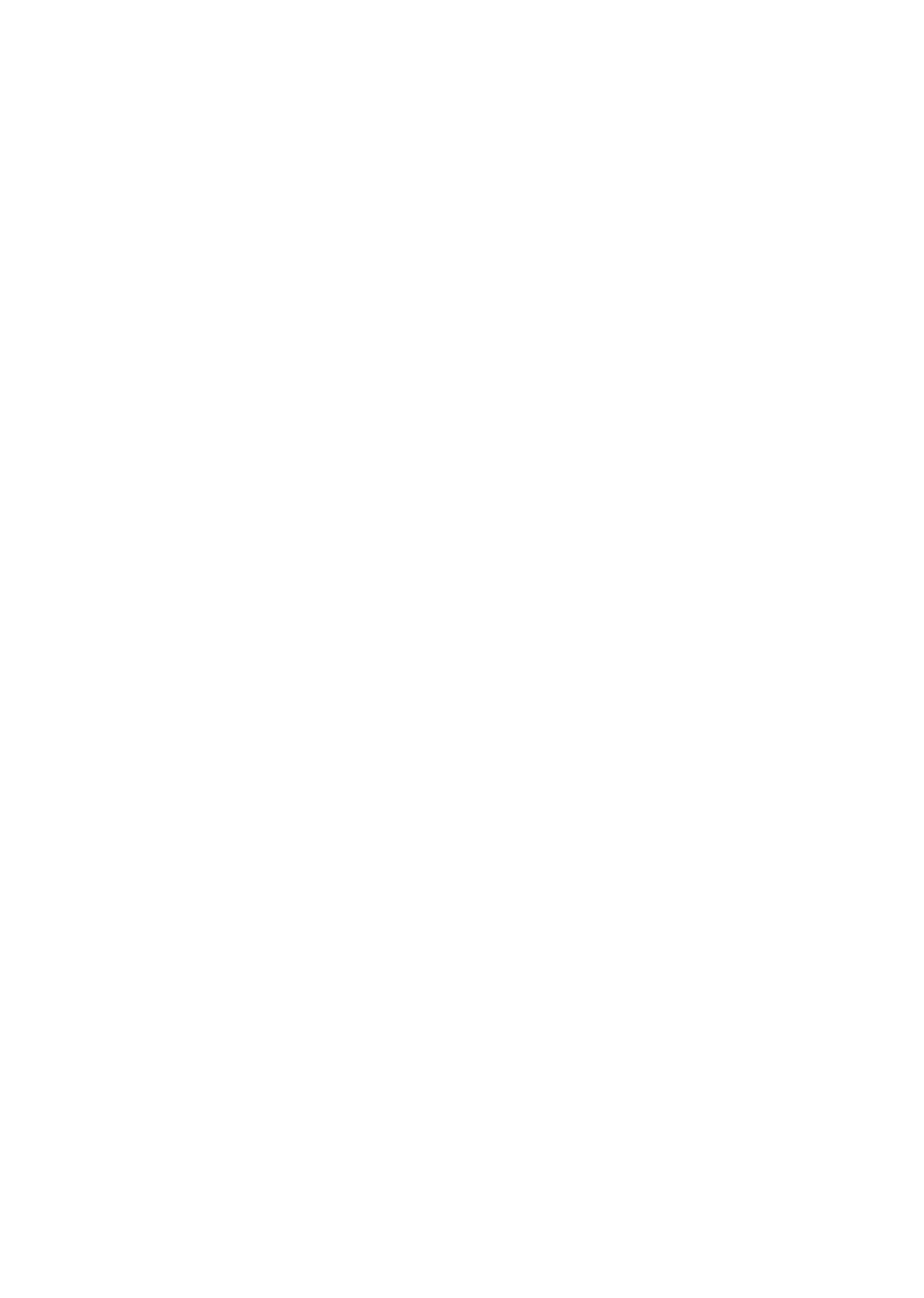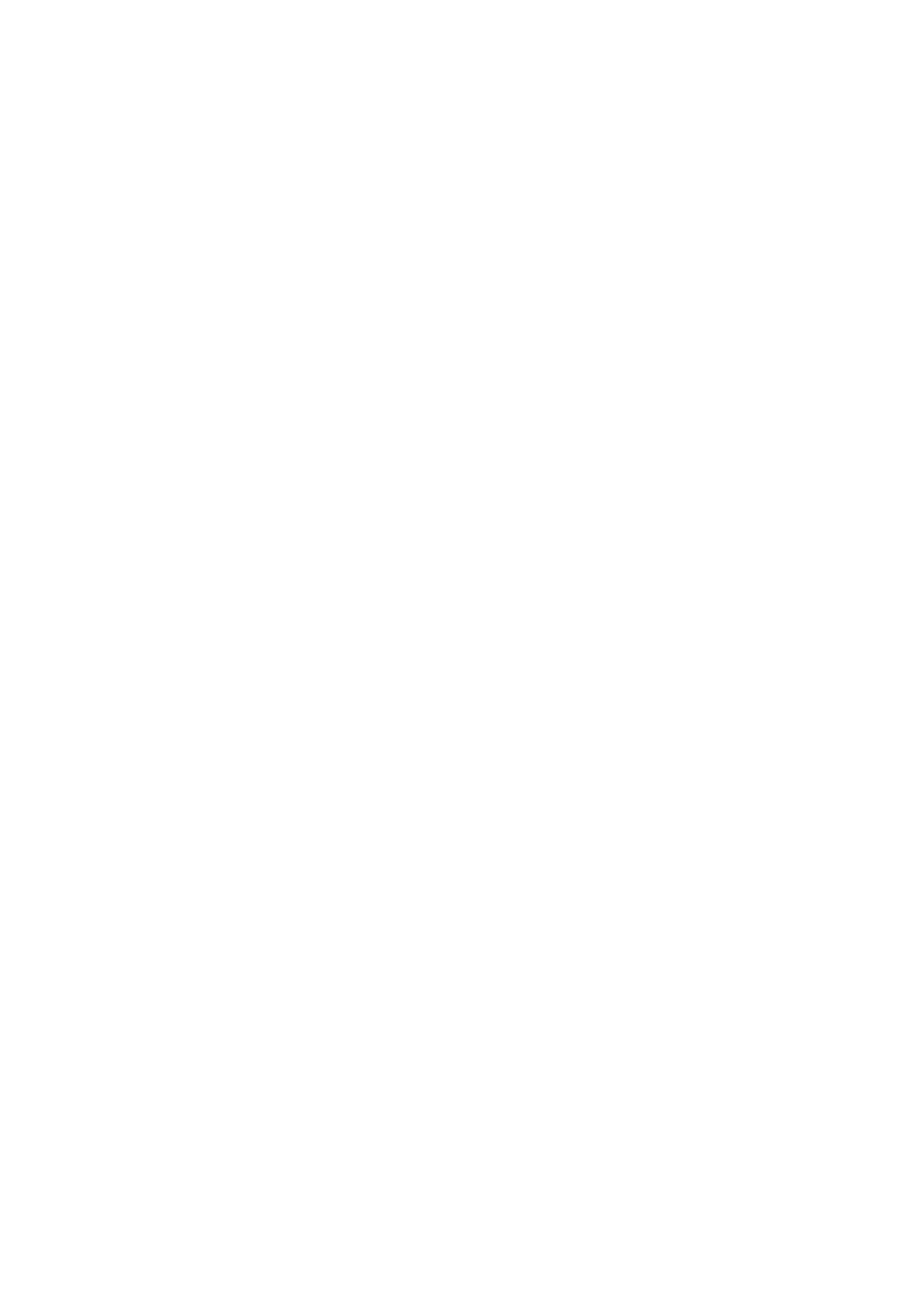ELECTRONIC FILING, RECEIVED, CLERK’S OFFICE, SEPTEMBER 23, 2005
* * * *
Pc#70
* * * *
ORI6~NA
BEFORE TFJE ILLINOIS POLLUTION CONTROL BOARI)
IN
THE MATTER OF:
PROPOSED AMENDMENTS TO:
)
R04-22
REGULATION PETROLEUM LEAKING
)
(Rulemaking— UST)
UNDERGROUND STORAGE TANKS
35 ILL. ADM. CODE 732
IN TI-IF MATTER OF:
PROPOSED AMENDMENTS TO:
)
R04-23
REGULATION PETROLEUM LEAKING
)
(Rulemaking-- UST)
UNDERGROUND STORAGE TANKS
)
Consolidated
35 ILL. ADM. CODE 734
PUBLIC COMMENT
Now comes Professionals of Illinois for the Protection of the Environment (PIPE), by and
through its attorneys. Claire A. Manning, Brown, Hay & Stephens LLP. and offers the following
public comment in this proceeding. for the Board’s consideration, prior to moving the rule as
proposed by thc Illinois Environmental Protection Agency (Agency) to Second Notice.
The Professionals of Illinois for the Protection of the Environment (PIPE) would like to
thank the Pollution Control Board for the opportunity to appear before it and present evidence,
argument and comment in this public hearing
—
the statutory purpose of which is to provide
public input into this regulation prior to its being declared by the Board to he appropriate and
reasonable for promulgation as a state rule. Indeed, pursuant to the Illinois Environmental
Protection Act (“Act”) and the Administrative Procedures Act (APA), the Board has both broad
and specific responsibilities in promulgating rules such as those presented here. Most
importantly, the Board’s broad regulatory responsibility rests, independently, in providing
assurance to the citizens of Illinois that the environment is protected.
ELECTRONIC FILING, RECEIVED, CLERK’S OFFICE, SEPTEMBER 23, 2005
* * * * PC#70 * * * *
In this case, regardless of other potential designs on the underground storage tank fond.
the Board’s sole concern should be with the broad purpose of the leaking underground storage
tank (LUST) regulations and fund: to provide assurance that Illinois’ LUST program effectively
meets the goal for which ii was established, the complete remediation of the thousands of Illinois
LUST sites that are eligible for reimbursement through the LUST fund. Indeed, the primary
purpose for the LUST fund, the purpose for which it was established and for which owners and
operators (00) pay a substantial deductible, is to have the state assume 100 ¾of the rest of the
financial responsibility for the reniediation. The testimony of Bill Fleishli from the Illinois
Petroleum Marketers and Convenience Store Operators establishes that fact.
Much evidence has been presented in this proceeding. One of the most important pieces
of evidence for the Board’s consideration ought to be: despite the fact that millions of dollars are
used each year for the administration of the fond, almost one-half of the sites in the program
have not even begun remediation.’
Therefore. prior to moving this rule to Second Notice, the
Board should he convinced that the rule as proposed will result in remediation of
more
sites
—
not
less. Yet, the wealth of the evidence in this proceeding suggests otherwise. Certainly, the
Board cannot be convinced on the basis of this record that more sites will he remediated with the
promulgation of this rule.
This has been a very controversial rule, with an unusual amount of varied opposition
—
and, importantly, a dearth of supporters. Indeed, one could suggest that the only two entities
who have appeared to have voiced support for the rule are the Agency itself and, as set forth in
its First Notice opinion, the Board.
Importantly, as with much ofthe actual statistics in this pmceoding, that information was presented by PIPE, the
companies whose very business it is to remediate more sites
—
not by the administrators of the program, whose job it
is to ensure full reniediation is accomplished in accordance with established federal objectives.
2
ELECTRONIC FILING, RECEIVED, CLERK’S OFFICE, SEPTEMBER 23, 2005
* * * * PC#70 * * * *
Certainly. PIPE acknowledges its appreciation to the Board and its staff for the
attentiveness paid to the members of PIPE which, as all participants now know, is an association
of Illinois companies involved in underground tank remediation products and sen’ices
throughout Illinois. The most vocal members of PIPF have been those small Illinois companies
who reniediate a substantial percentage of the underground storage tank sites in Illinois. much of
it for downstate owners and operators whose properties are not geographically located in
growing urban markets and who likely have no corporate structure to rely upon As the record
demonstrates, not all owners and operators can assume a percentage cost of the reniediation
beyond the deductible they have already paid (with the justifiable expectation that the statutory
LUST program allows for lull remediation of contaminated property upon payment of the
deductible.)
I’he evidence in this proceeding establishes that the rule as proposed will, more likely
than not. require owners and operators to pick up a large percentage of the actual cost of the
remediation and, when that is not possible, there simply will he no reniediation. Clearly. the
rule as proposed restricts “maximum” reimbursement to a level that has proven to be lower than
the level that the Agency has historically paid for the very same services and products. In its
First Notice opinion, the Board in fact recognized that the Agency’s designated maximum rates
were not statistically defensible. Since that First Notice Opinion, they certainly have not become
more defensible; in fact, they are even less so, especially given the staggering evidence USI
presented at the last public hearing based upon information from the Agency’s own database.
Given that evidence, PIPE must query how the Agency’s designated rates, when established as
maximums, can he considered by the Board to he “reasonable” reimbursement.
3
ELECTRONIC FILING, RECEIVED, CLERKS OFFICE, SEPTEMBER 23, 2005
* * * * PC#70 * * * *
Moreover, as pointed out repeatedly
by
Dan Goodwin and
David
Keimedv from the
American Council of Engineenng Companies, as well as Mike Rapps from Rapps Engineering
on behalf of the Illinois Society of Professional Engineers, and PIPE, the rule is fatally flawed
because it fails to contain “scope of work” language: thus, it fails to identify what actual work
the .Agency will consider reimburseable.
To add to this uncertainty, the Agency has insistently refused any attempts to mutually
design a process that would allow for cost disputes to be reasonably and cost effectively
resolved. As it is, if promulgated, the rule
will
he implemented in a virtual vacuum of review
—
since, as the record demonstrates, the costs of legally challenging any Agency reimbursement
decision generally exceeds the discrete costs that are at the heart of the dispute. Thus. the
program does not provide for the procedural due process constitutionally required in an
administrative process.
PIPE and the other participants in this rulemaking have presented a myriad of
information and evidence to the Board for their consideration in this regulatory proceeding.
Unlike an adjudicatory proceeding, where the Board acts in a quasi-judicial capacity, the Board
here is called upon to act in its quasi-legislative function. This is a fact finding proceeding,
where the Board is obligated to utilize the record facts tn its determination of the propriety and
workability of a proposed rule. The Act does not require that the partipants in a regulatory
proceeding present a viable rule (or numbers) as alternatives to that set forth in the proposal
under consideration.
Nonetheless, individual PIPE members have taken their best shot at presenting draft rule
language to the Board that would achieve the Act’s objectives where the Agency’s rule does not.
While there is little expectation that the Board will do a wholesale trade of the Agency’s
4
ELECTRONIC FILING, RECEIVED, CLERK’S OFFICE, SEPTEMBER 23, 2005
* * * * PC#70 * * * *
proposed rule for one of the PIPE members proposed draft rules. and send a PIPE proposed rale
to Second Notice, there is every expectation that (he Board will exercise its authority and
responsibility to substantially redraft this rule. Quiic simply, without substantial changes, the
Agency’s rule is not ready for Second Notice and review by the Joint Committee on
Administrative Rules.
The Board is certainly qualified and authorized to make such changes as this is a Board
rule that is being promulgated. not an Agency rule. The regulatory provisions of the Act
establish the Board’s responsibility following hearing as follows: “.After such hearing the Board
may revise the proposed regulations before adoption in response to suggestions made at the
hearing, without conducting a further hearing on the revisions.” Also, the Act allows that
“nothing herein shall preclude the Board from, on its own motion
(2) modifying a proposed
rule following receipt of comments, objections. or suggestions without agreement of the
proponent after the end of the hearing and comment period.”
PIPE respectfully requests that the Board exercise its independent judgment and
substantially amend this rule, consistent with the evidence and public comment presented, prior
to sendtng anything to Second Notice. PIPE recognizes that such changes will likely’ require the
Board to take this regulatory proceeding back to First Notice. PIPE suggests that such is
imminently preferable to moving the Agency’s drafted rule to Second Notice. Alternatively,
PIPE would suggest that the Board write an opinion that analyses the approaches submitted by
PIPE members, and requires the Agency to work with the participants, pursuant to a Board-
established timetable, in developing a new First Notice proposal which specifically addresses the
legitimate concerns raised in this proceeding.
S
ELECTRONIC FILING, RECEIVED, CLERK’S OFFICE, SEPTEMBER 23, 2005
* * * * PC#70 * * * *
As a final comment. PIPE would submit that the Illinois environmental rcgtilaiorv
process, as envisioned by the Act, is meant to provide meaningful public input into the
promulgation of Board rules. If the Board moves to Second Notice with the Agency’s rule.
without substantial change that addresses the significant public input the Board has received, that
input
will in
no way have been meaningful. Moreover, the promulgated rule will not he based
upon record evidence,
hut
instead will he based upon the Agency’s “we know it when we see it”
approach which is. at its core, arbitrary.
Respectfully submitted,
Claire A. Manning
dL~
On Behalf of the Professionals of Ilim is for the
Protection of the Environment
BROWN. hAY & STEPHENS. LLI’
Claire A. Manning, Esq.
Registration No. 3124724
205 S. Fifth
Street, Suite 700
P.O.
Box 2459
Springfield, H. 62705-2459
(217) 544-8491
(217) 241-3111
(fax)
cmanning~bhslaw.com
6
ELECTRONIC FILING, RECEIVED, CLERK’S OFFICE, SEPTEMBER 23, 2005
PROOF OF SERVICE
The undersigned states that a true and correct copy of the foregoing PUBLIC
COMMENT, was served on the individuals listed on the Board’s Notice list, as reflected on the
Board’s website on September 23, 2005. below by mailing the same via the United States postal
service, Springfield, Illinois on September 26, 2005:
___
__~
BROWN, HAY
& STEPHENS, LLP
Claire A. Manning, Esq.
Registration
No.3124724
205 S.
Fifth Street. Suite 700
P.O.
Box 2459
Springfield, IL 62705-2459
(217) 544-8491
(217)241-3111 (fax)
emannin u(thhhslaw.com
7


